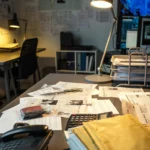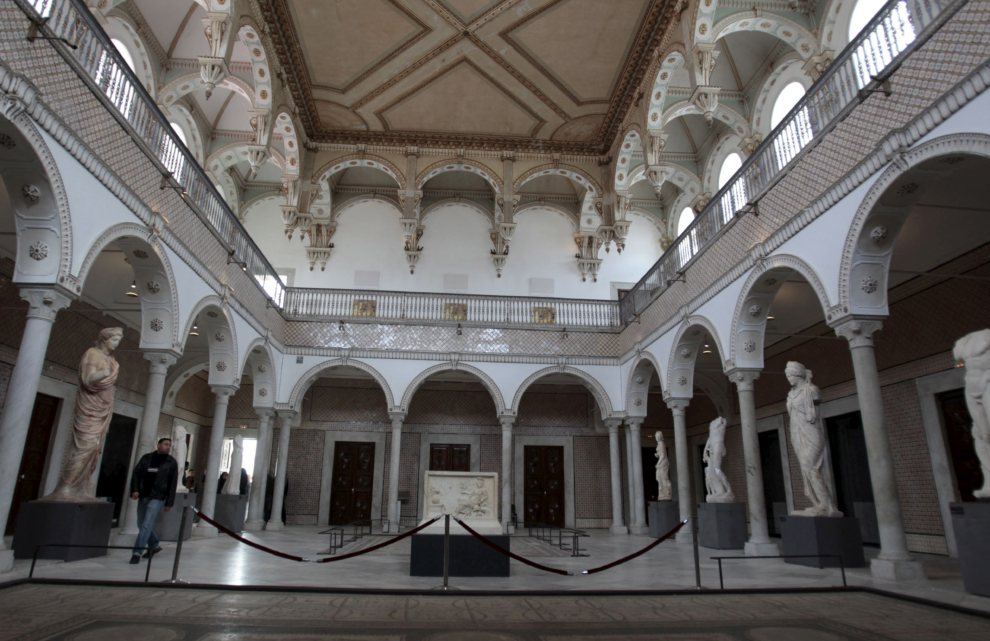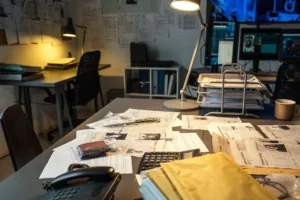Tunisia will soon reopen its Bardo national museum, the Culture Ministry said on Tuesday, two years after it was closed when President Kais Saied shuttered the parliament, which shares the same building.
The ministry did not give a date to reopen the Bardo, located in a historic palace and home to one of the world’s most magnificent collections of ancient Roman mosaics, but said that some restoration work had been carried out. Saied sent tanks to surround the parliament on July 25, 2021, as he seized most powers in moves his critics called a coup, closing both buildings while he rewrote the constitution and held elections to a new, far less influential, legislature. The new parliament started work this year but there had been no firm information about reopening the national museum — one of the capital’s main attractions in a country economically dependent on tourism.
After Tunisia’s 2011 revolution the parliament had emerged under the new democratic system as the most powerful elected body and its arcade-ringed chamber became home to some of the most open political debate of any Arab country. However, many Tunisians came to blame parliament and the main political parties for years of economic stagnation and government paralysis as a succession of coalition governments failed to bring prosperity.
In 2015 an attack by Islamist militants targeted visitors to the Bardo, killing more than 20 people in the building and its environs soon after completing a major renovation.
Enormous mosaics with rich details and vivid colors are displayed throughout the museum including ones showing the Roman sea god Neptune, hunting scenes and spectacular arrays of sea life.
As the home of ancient Carthage and its Punic culture, and as a major Roman colony that helped provide the empire with food, Tunisia is awash with classical-era sites and archaeological remains.
The Bardo mosaics, along with others in the museums at Sousse and by the amphitheater at El-Djem, are taken from the luxurious villas built during the Roman era and into late antiquity.
Source : ARABNEWS

















Add Comment